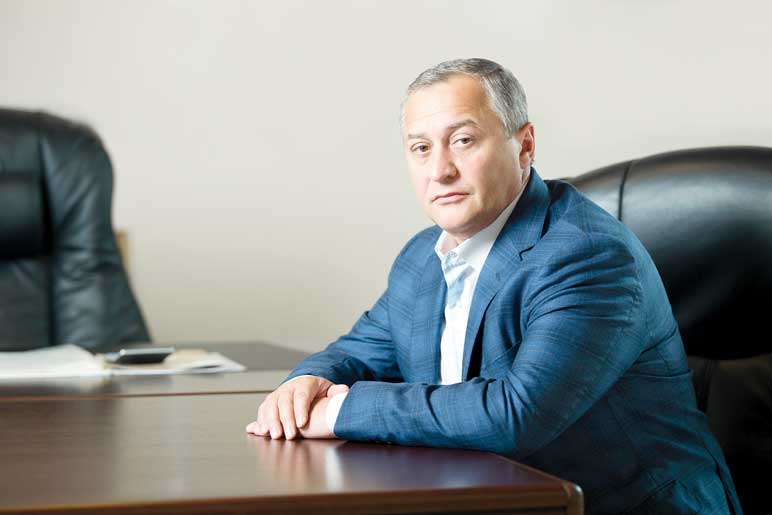Case description
On February 26, 2020, the HACC found Hennadii Bobov, former MP of the VII and VIII convocations, guilty of declaring false information, approved the plea agreement, and fined him UAH 51,000. This verdict was later overturned due to the scandalous decision of the Constitutional Court of Ukraine, which abolished criminal liability for false declaration or intentional failure to submit a declaration.

Hennadii Bobov was a Member of Parliament of the VII and VIII convocations. From 2012 to February 20, 2014, he was a member of the Party of Regions faction. In 2014, he got into the Verkhovna Rada as a self-nominated candidate.
Bobov admitted his guilt in the fact that in the declarations for 2016-2019, he did not indicate that:
-
he had a UAH 67 mln loan, that he was the ultimate owner of the Korsun-Shevchenko health center Ros;
-
his wife owned 410/1000 shares of a land plot of 2,830 square meters and a three-storey apartment of almost 200 square meters in Switzerland. The wife's undeclared assets are worth more than UAH 56 mln.
The crime was qualified under Art. 366-1 of the Criminal Code of Ukraine. The court approved the agreement between the accused and the prosecutor and fined the ex-MP UAH 51,000, depriving him of the right to hold certain positions for a year.
However, on October 27, 2020, Article 366-1 of the Criminal Code of Ukraine was declared unconstitutional, so Bobov asked the HACC to review the verdict. On November 25, 2020, the court reviewed its decision, overturned the verdict, and closed the criminal proceedings.
This is not the first case relating to the ex-MP. In 2017, the Prosecutor General's Office already wanted to lift his immunity; Bobov was suspected of tax evasion and declaring false information. Upon learning of this intention, Bobov instantly paid UAH 38 mln in taxes to the budget. But in 2018, he seized this money back in the notorious District Administrative Court of Kyiv.
Bobov was exempted from criminal liability for entering deliberately false information in the declaration for 2015. In that case, the statute of limitations expired.




